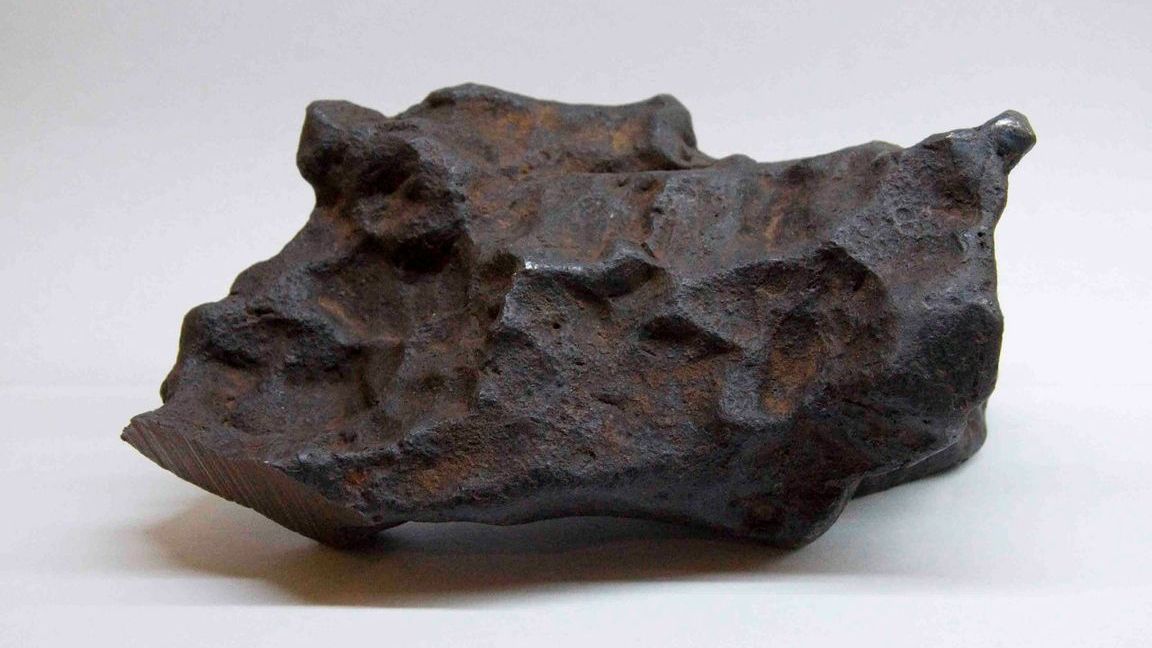The Early Solar System Was Donut-shaped, Meteorite Study Suggests
 Reference: Visit website
Reference: Visit websiteHeadlines:
You're probably familiar with how the solar system looks today. There are eight officially recognized planets located more or less on the same plane, orbiting the sun. But have you ever given a thought to what it looked like billions of years ago? Things were very different back then.
We used to think the early solar system looked a bit like a dartboard, with concentric rings of material orbiting our sun. But a team of researchers now suggests that the early solar system actually looked more like a donut. They've determined this from a rather unlikely source: iron meteorites .
Our solar system formed about 4.6 billion years ago, when a rotating cloud of dust and gas ⁘ the solar nebula ⁘ collapsed in on itself, forming the sun . But not all of that dust and gas became our star. The leftover material continued to spin around the sun in a chaotic mess, eventually condensing into planets and asteroids . This cosmic nursery is known as a protoplanetary disk.
While we can't physically look back in time at the formation of our solar system, we can see other examples of protoplanetary disks elsewhere in the universe , and many of them showcase those concentric circles of material. And we originally thought the solar system might've looked like that, too.
But then they encountered another issue. The gravity of the sun should have pulled these heavier metals back toward it over the last few billion years ⁘ yet it didn't. However, the team came up with a possible solution for that, too.
"Once Jupiter formed, it very likely opened a physical gap that trapped the iridium and platinum metals in the outer disk and prevented them from falling into the sun," planetary scientist Bidong Zhang, first author of a new study about the meteorite analysis, said in a statement .
Comments
Post a Comment